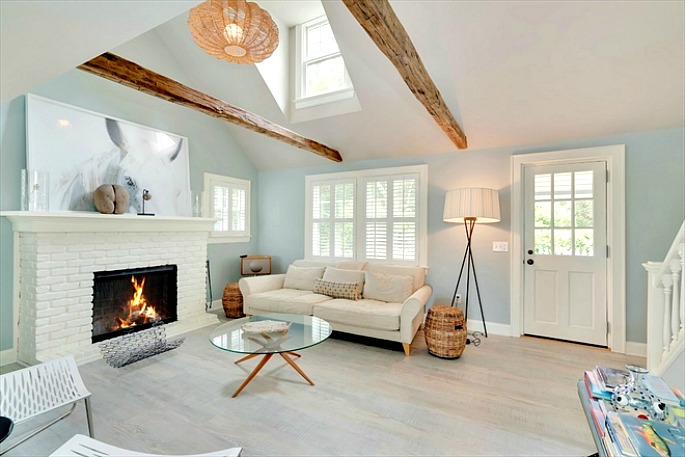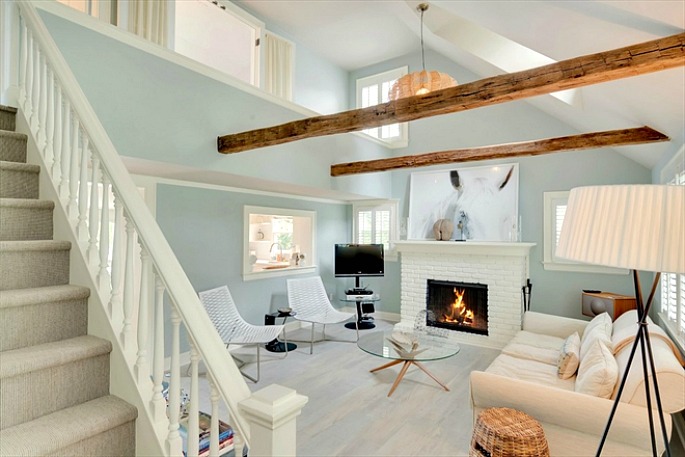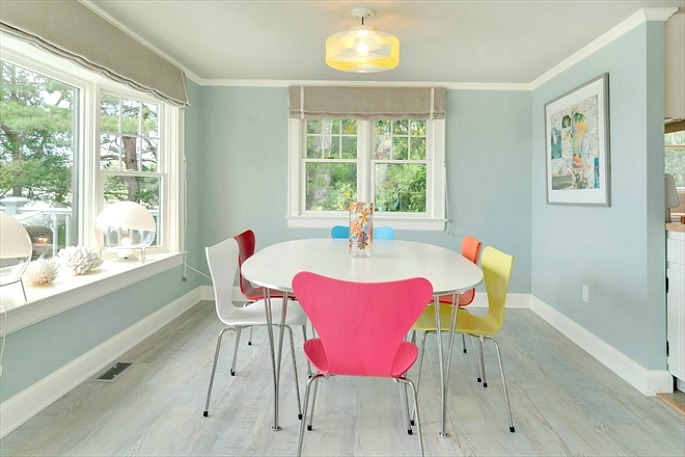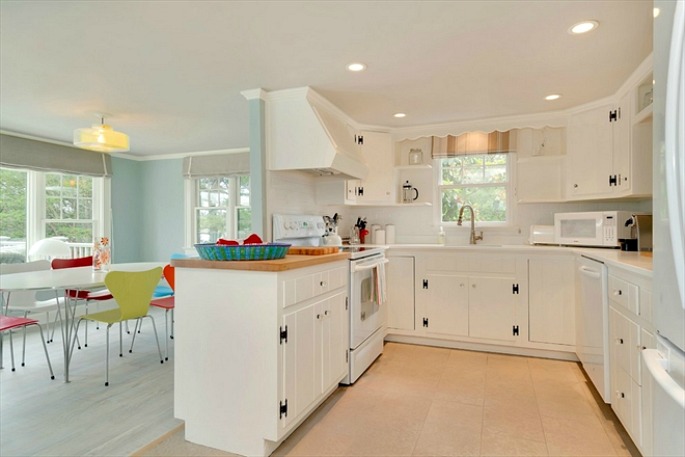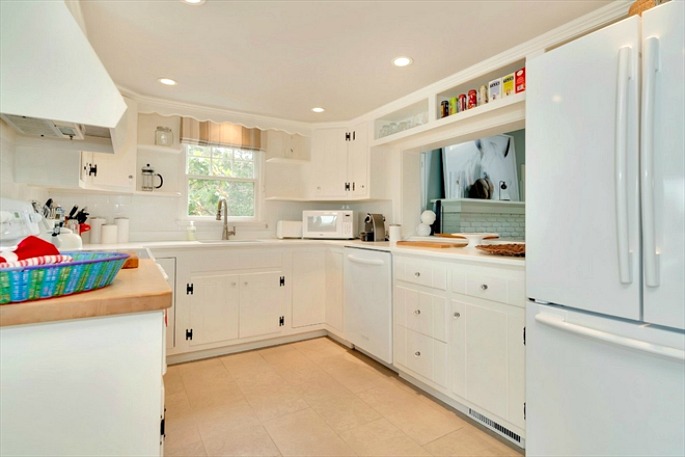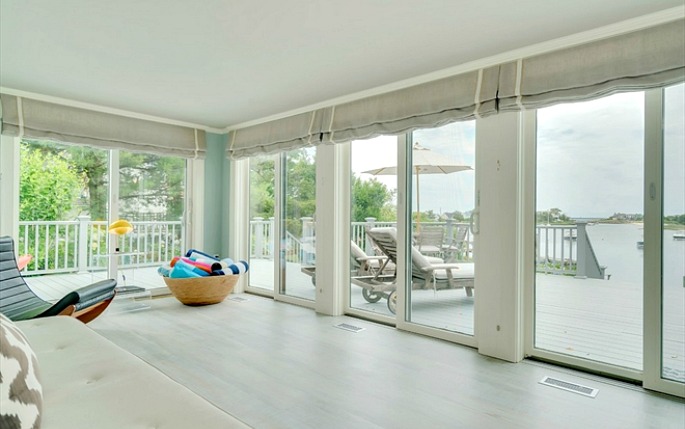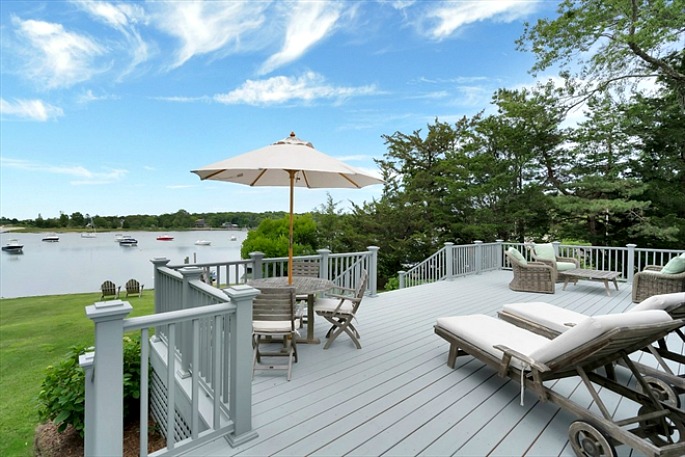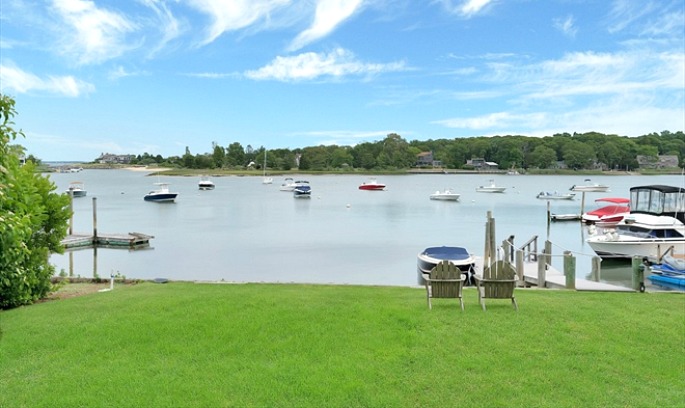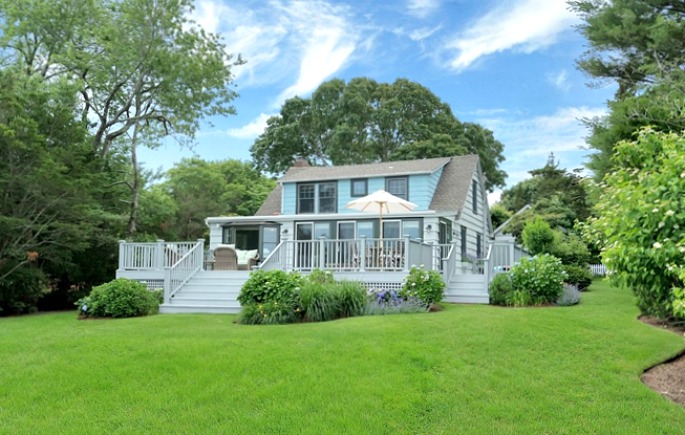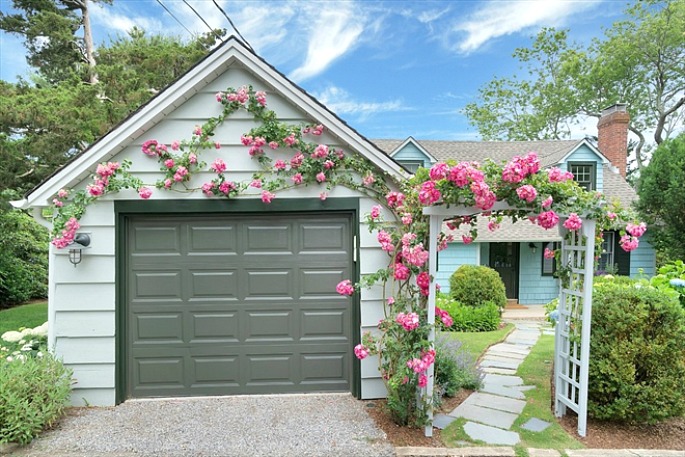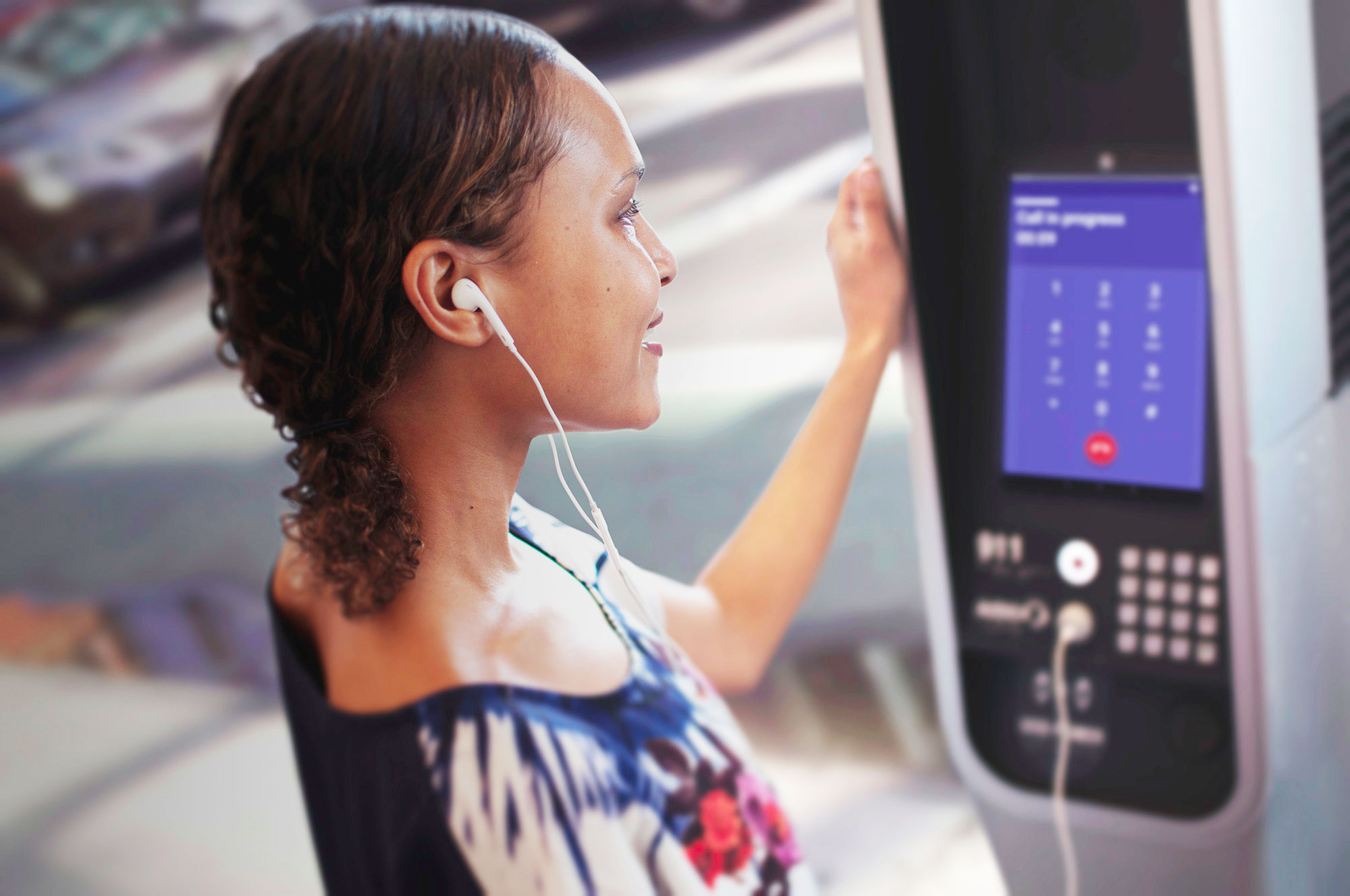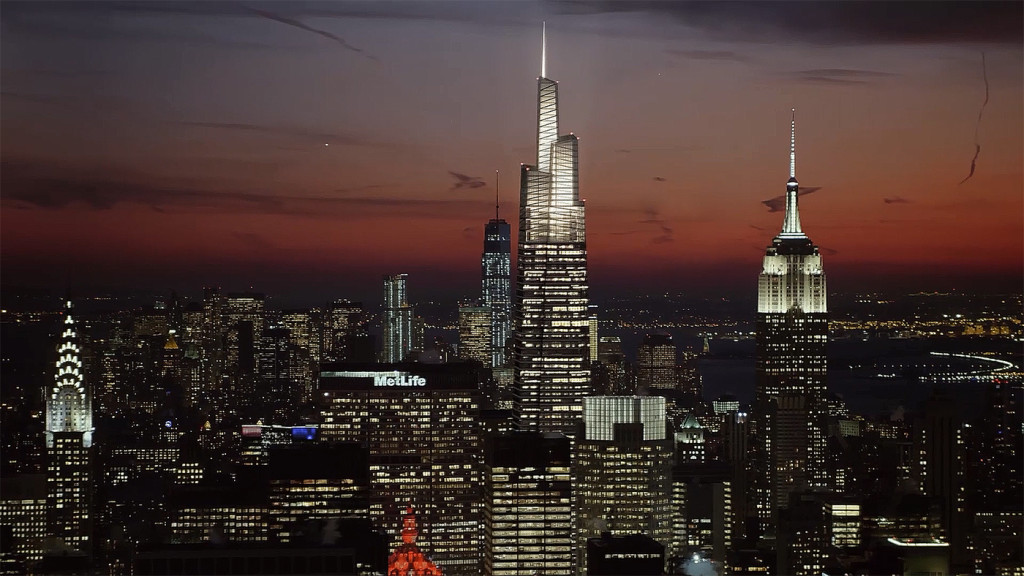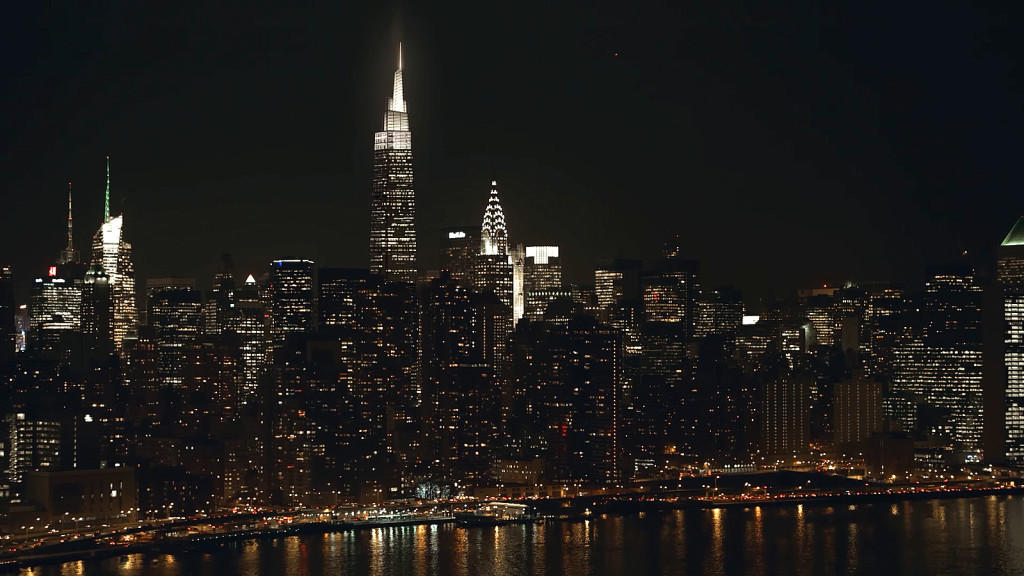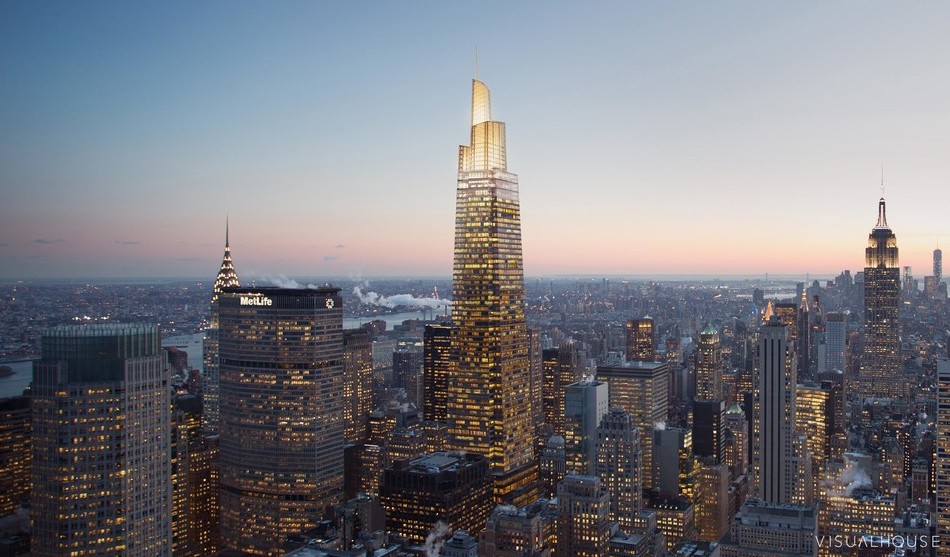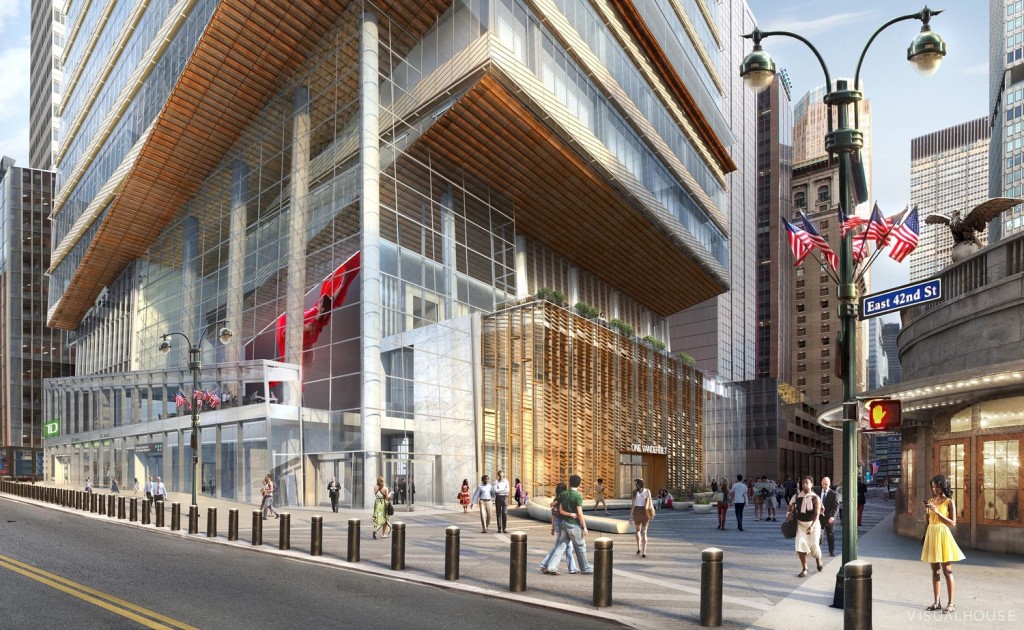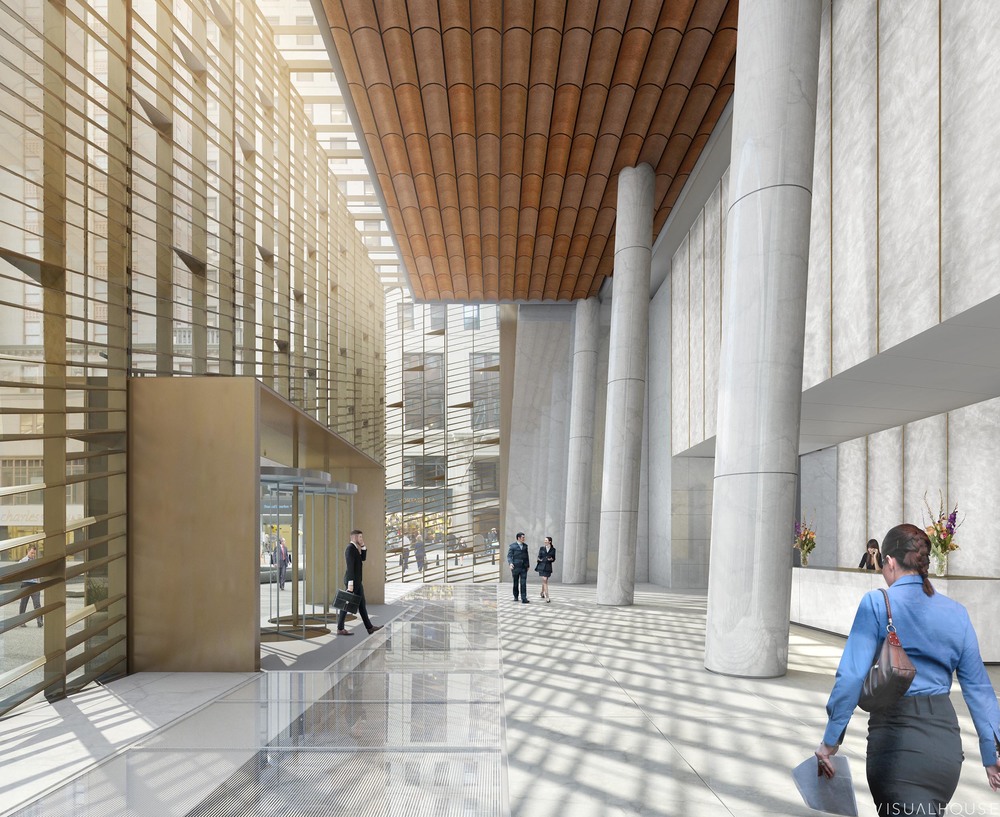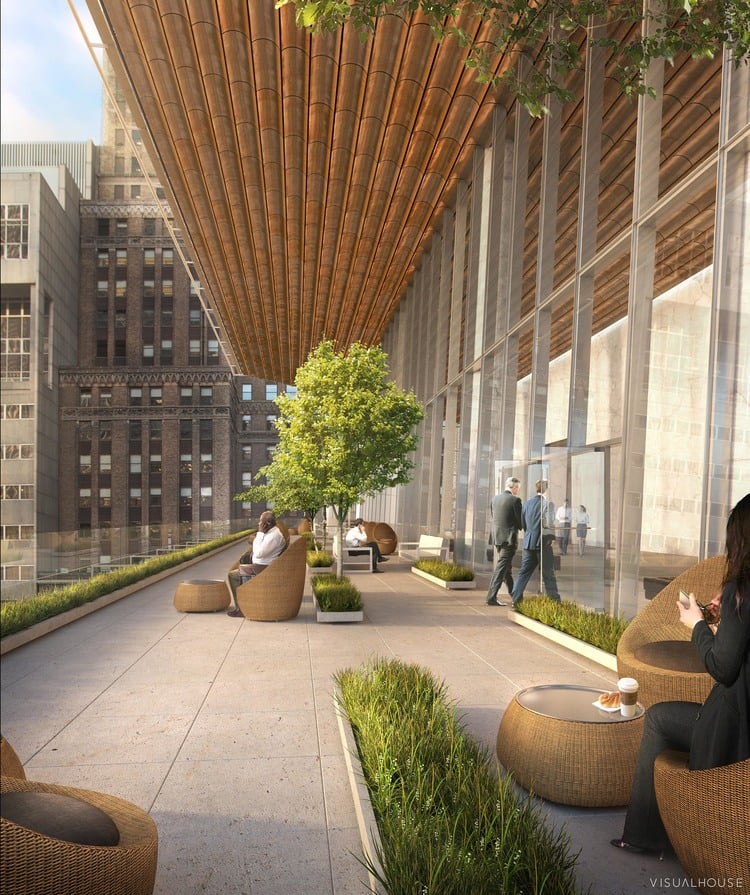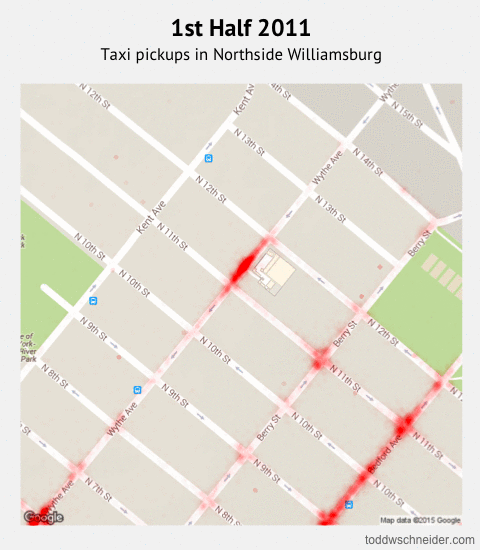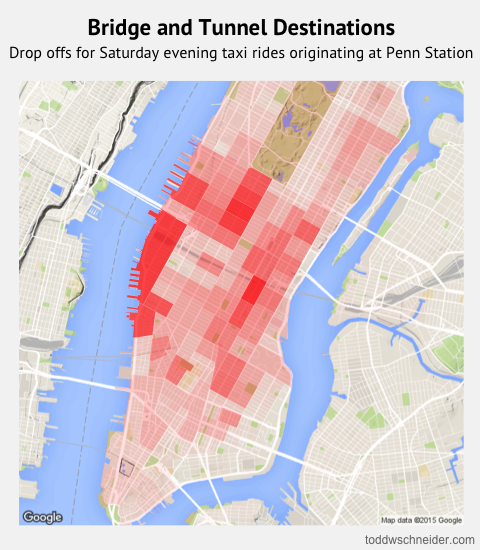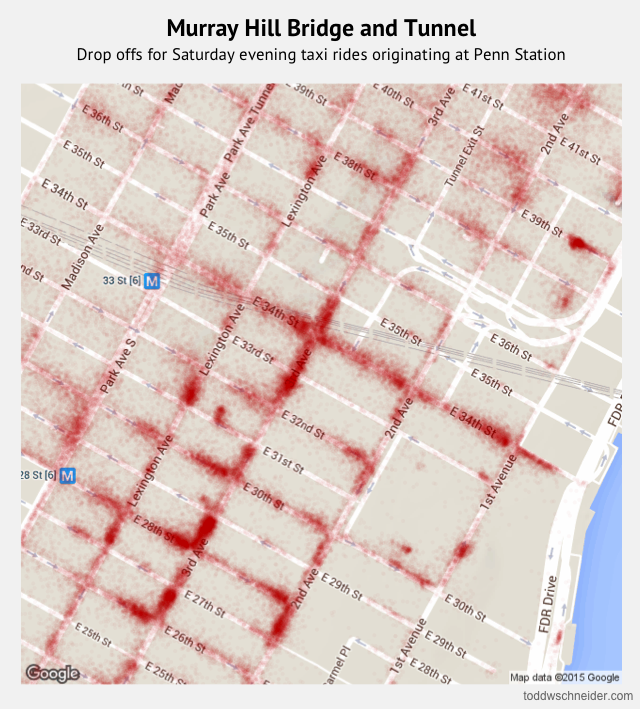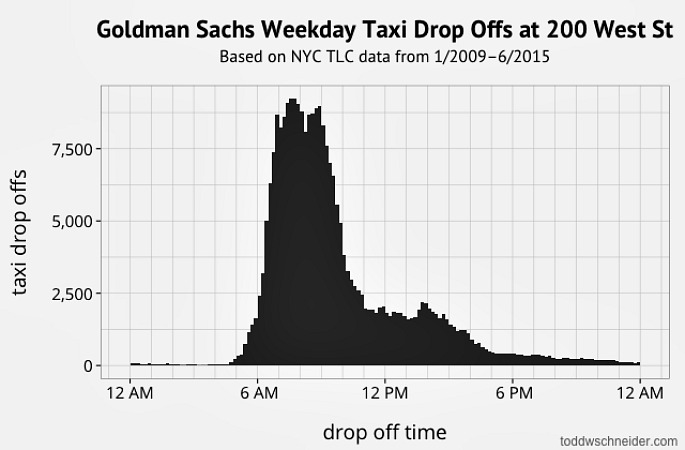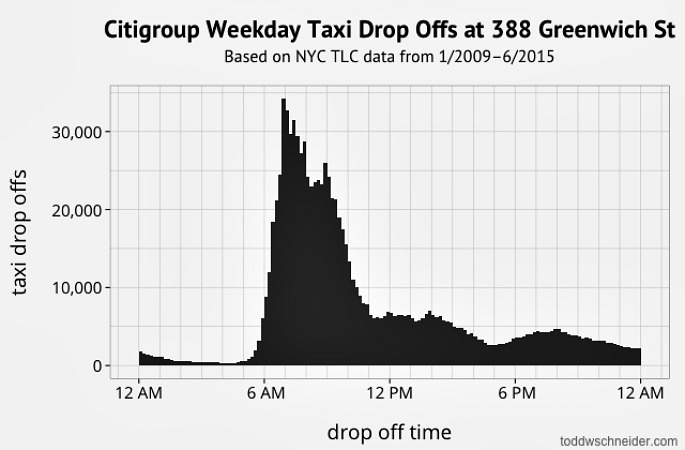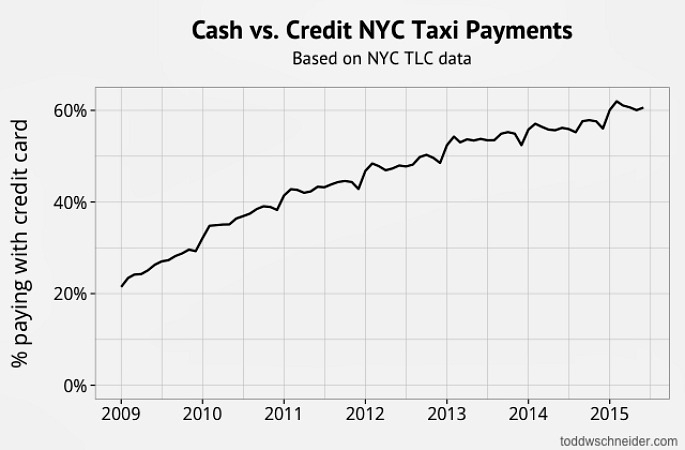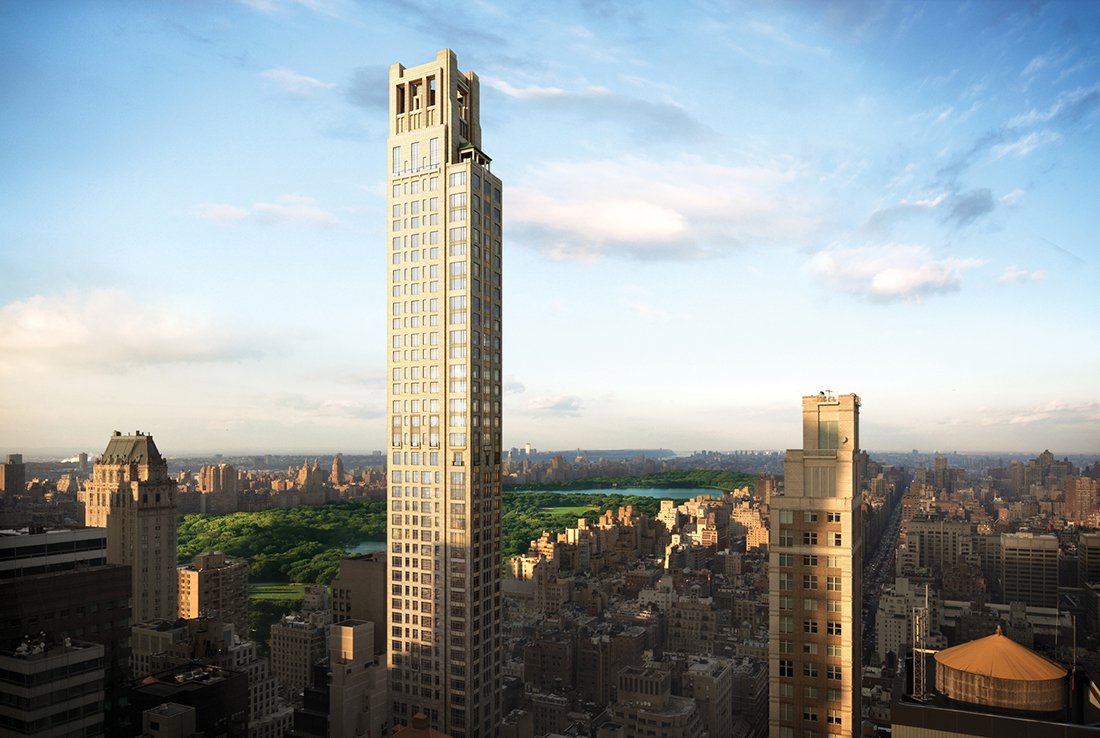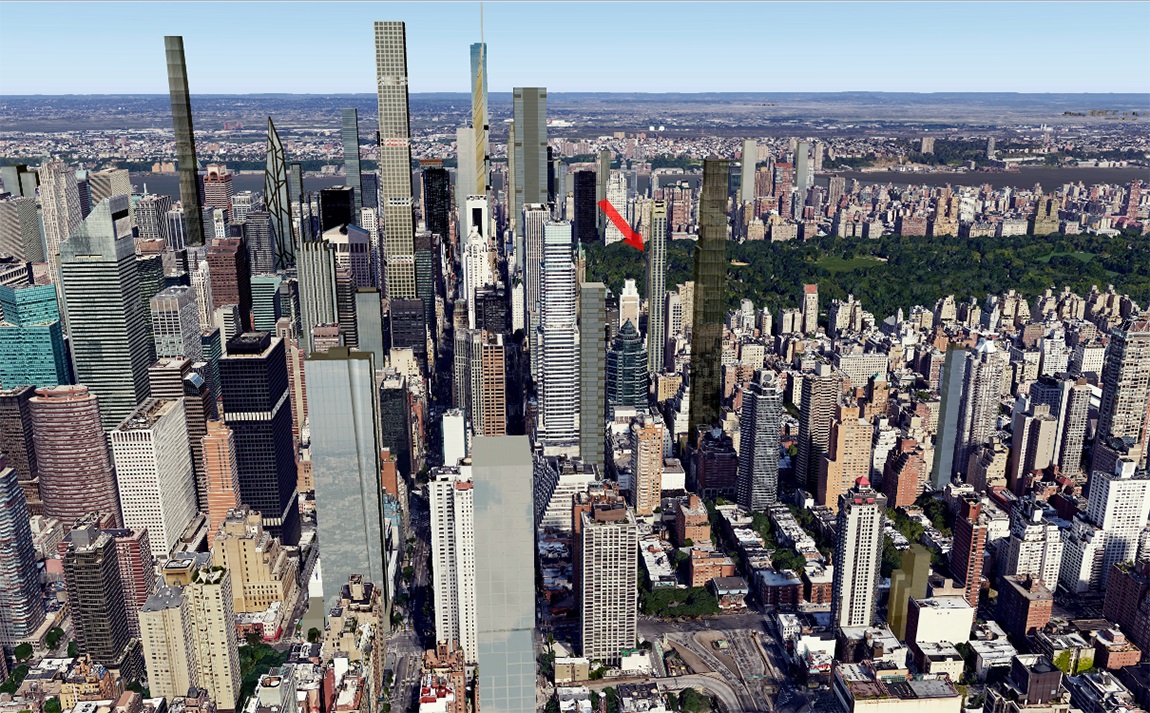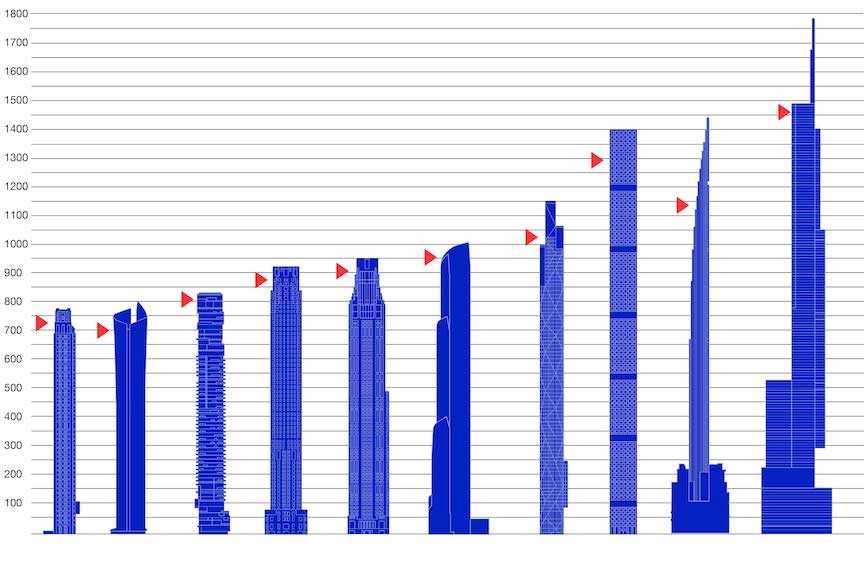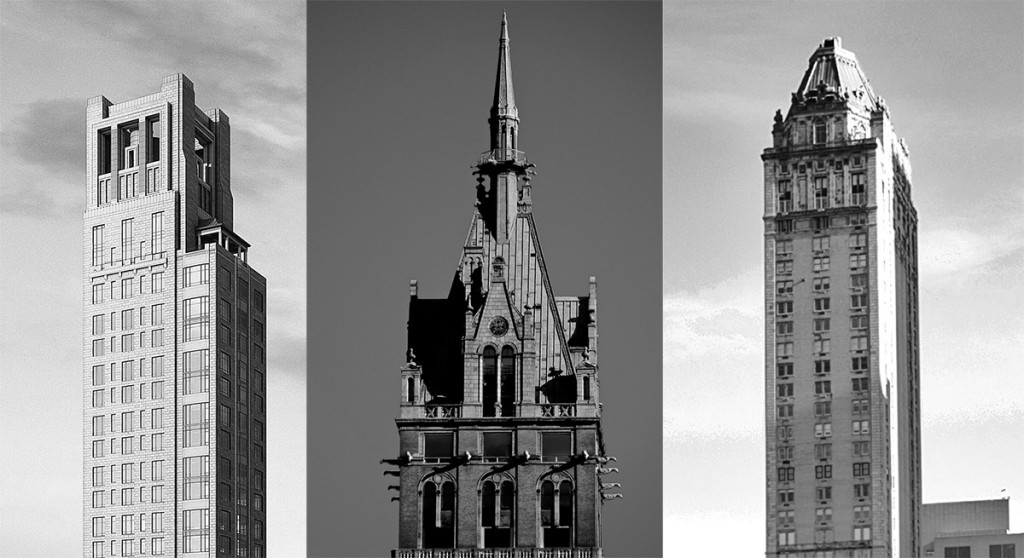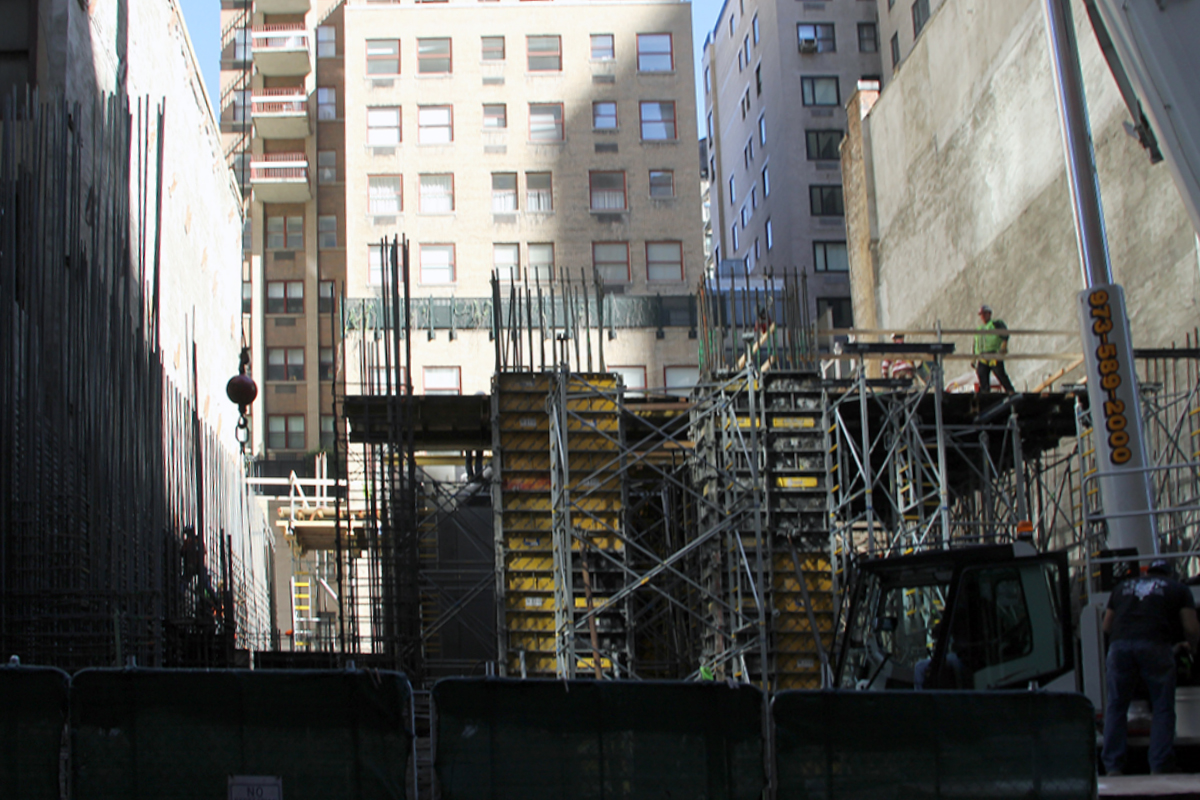The world’s first underground park just got one step closer to reality thanks to approvals from the NYC Economic Development Corporation. The Lowline, which will occupy a 40,000-square-foot abandoned trolley terminal below Delancey Street on the Lower East Side, received the thumbs up after an eight-monthbidding process during which no one else submitted a proposal.
City hall granted co-creators James Ramsey and Dan Barasch control of the space provided they can reach a $10 million fundraising goal over the next 12 months, complete a schematic design, and host five to 10 public design sessions and quarterly community engagement meetings.
The decision comes after the success of the Lowline Lab (it’s welcomed 70,000 visitors since opening), a miniature version of the subterranean park that tested its remote skylight system and horticulture, as well as conditional approvals from the local community board. It still needs to make its way through the city’s Uniform Land Use Review Process (ULURP), and as NY Mag points out, it may not be so easy to convince the public that the $60 million project that will require as much as $4 million annually in maintenance is feasible.
Though the city has committed no funds to the project, deputy mayor for housing and economic development Alicia Glen made it clear that public support hasn’t been ruled out. She also very exuberantly expressed her interest: “When they first presented it to me, I thought, That is some crazy, smoking-dope stuff — let’s check it out! We’re very excited about taking interesting technology, and the way the tech ecosystem is converging around cities, to solve civic problems and objectives.”
James Ramsey celebrated the victory: “Every designer dreams of doing civic work that contributes to society and to the profession. Over the last 8 years, we just stuck to what we thought was a great idea that could make our city and our community better. We’re thrilled to move ahead on designing and building a space that people will enjoy for generations to come.”
The Lowline Lab will be open through March, 2017; it’s free and open to the public.




